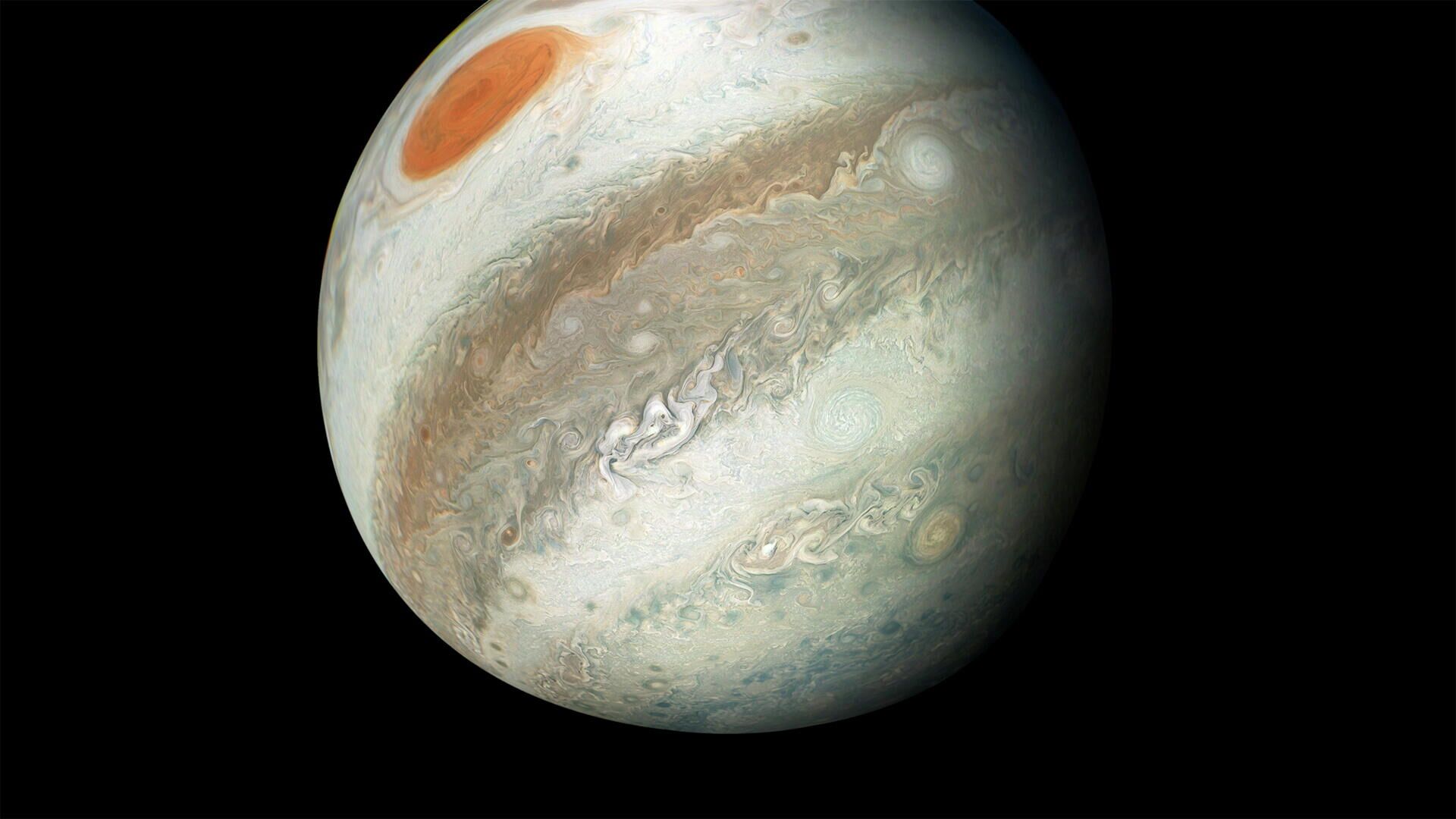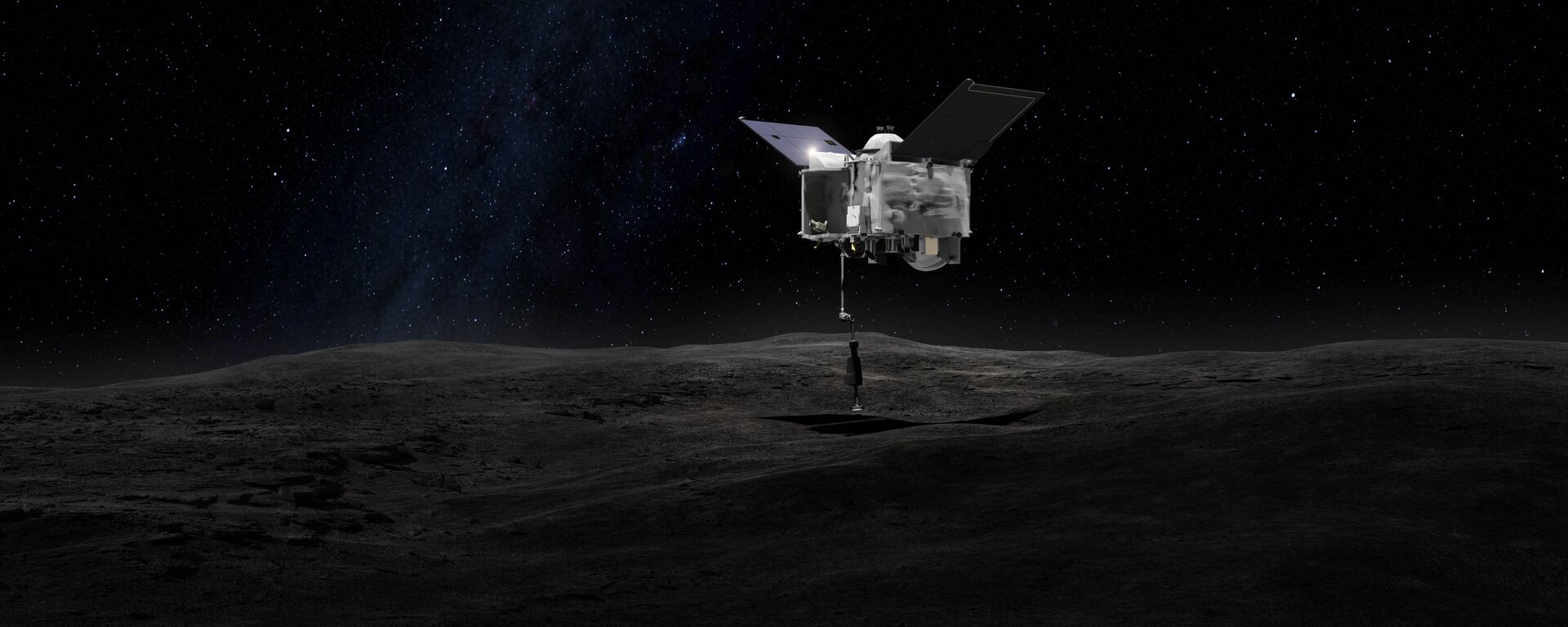https://en.sputniknews.africa/20230925/scientists-discover-biologically-essential-element-on-jupiters-moon-1062339860.html
Scientists Discover 'Biologically Essential Element' on Jupiter's Moon
Scientists Discover 'Biologically Essential Element' on Jupiter's Moon
Sputnik Africa
Europa, one of Jupiter's more than 90 moons, is considered one of the most promising celestial bodies in terms of harboring an environment suitable enough to... 25.09.2023, Sputnik Africa
2023-09-25T16:41+0200
2023-09-25T16:41+0200
2023-09-25T16:41+0200
earth
space
europe
nasa
science
carbon
international
moon
https://cdn1.img.sputniknews.africa/img/07e7/09/19/1062340705_0:0:1920:1080_1920x0_80_0_0_d1a5539f821565cd5398461b2c81cb83.jpg
Scientists have detected the presence of carbon on the moon Europa, one of the most curious and attractive satellites, known for its icy surface that could hide vast oceans of liquid salt water. The discovery was made by analyzing data collected by NASA's James Webb Space Telescope.In previous observations, scientists identified solid carbon dioxide on the surface of Europa, but there remained some questions about its origin: whether it was local or came from external sources such as meteorites. Recent research offered a compelling answer to this question, while raising even deeper questions.The discovery of carbon in Europe sparked enthusiasm in the scientific community. Europa, although smaller than Earth's natural satellite, is believed to hold more than twice the amount of water present in all of Earth's oceans.
https://en.sputniknews.africa/20230924/1062320977.html
earth
space
europe
moon
Sputnik Africa
feedback@sputniknews.com
+74956456601
MIA „Rossiya Segodnya“
2023
Samantha Arias
https://cdn1.img.sputniknews.africa/img/07e7/0a/18/1063050346_115:0:834:719_100x100_80_0_0_1682778780537fd5aa8dd2536a012c1b.jpg
Samantha Arias
https://cdn1.img.sputniknews.africa/img/07e7/0a/18/1063050346_115:0:834:719_100x100_80_0_0_1682778780537fd5aa8dd2536a012c1b.jpg
News
en_EN
Sputnik Africa
feedback@sputniknews.com
+74956456601
MIA „Rossiya Segodnya“
Sputnik Africa
feedback@sputniknews.com
+74956456601
MIA „Rossiya Segodnya“
Samantha Arias
https://cdn1.img.sputniknews.africa/img/07e7/0a/18/1063050346_115:0:834:719_100x100_80_0_0_1682778780537fd5aa8dd2536a012c1b.jpg
earth, space, europe, nasa, science, carbon, international, moon
earth, space, europe, nasa, science, carbon, international, moon
Scientists Discover 'Biologically Essential Element' on Jupiter's Moon
Samantha Arias
Producer / Podcast host
Europa, one of Jupiter's more than 90 moons, is considered one of the most promising celestial bodies in terms of harboring an environment suitable enough to support life forms.
Scientists have detected the presence of carbon on the moon Europa, one of the most curious and attractive satellites, known for its icy surface that could hide vast oceans of liquid salt water.
The discovery was made by analyzing data collected by NASA's James Webb Space Telescope.
"On Earth, life thrives thanks to chemical diversity and carbon is an essential element for our existence. Understanding the chemistry of Europa's ocean will help us determine if it is suitable to support life as we know it," said Geronimo Villanueva, lead author of one of the research papers and planetary scientist at NASA's Goddard Space Flight Center.
In previous observations, scientists identified solid carbon dioxide on the surface of Europa, but there remained some questions about its origin: whether it was local or came from external sources such as meteorites. Recent
research offered a compelling answer to this question, while raising even deeper questions.
"We now believe we have observational evidence that the carbon we see on the surface of Europa comes from the ocean. It is not trivial. Carbon is a biologically essential element," added Samantha Trumbo, the lead author of the second paper on the presence of carbon from Europa, Cornell University.
The discovery of carbon in Europe sparked enthusiasm in the scientific community. Europa, although smaller than Earth's natural
satellite, is believed to hold more than twice the amount of water present in all of Earth's oceans.



